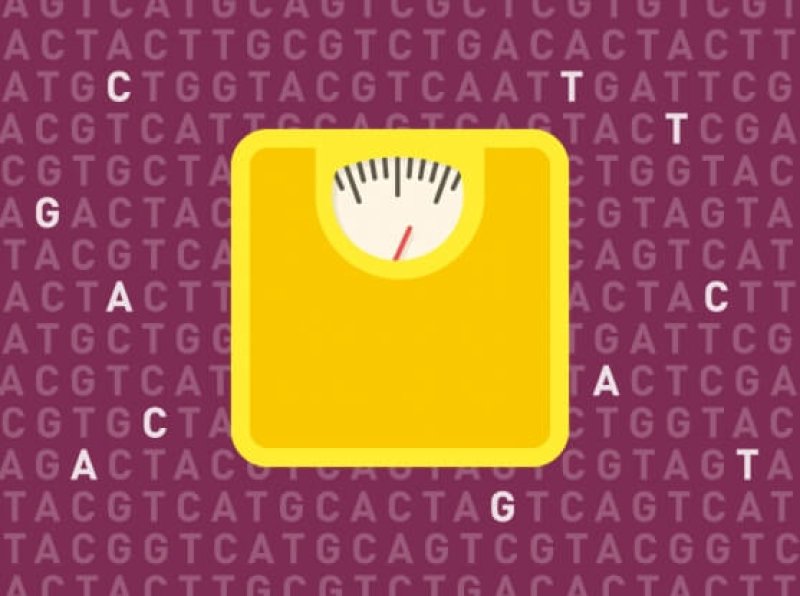There’s a new way to predict whether a baby will grow into an obese adult.
Combining the effect of more than 2.1 million genetic variants, researchers have created a genetic predisposition score that they say predicts severe obesity. People with scores in the highest 10 percent weighed, on average, 13 kilograms (about 29 pounds) more than those with the lowest 10 percent of scores, the team reports April 18 in Cell. The finding may better quantify genes’ roles in obesity than previous prediction scores, but still fails to account for lifestyle, which may be more important in determining body weight, other researchers say.
Still, the study shows that “your genetics really start to take hold very early in life,” says coauthor Amit Khera.
…
Other scientists are skeptical that the score is an accurate predictor of obesity risk.
“I’m not convinced at all,” says Ruth Loos, a genetic epidemiologist at the Icahn School of Medicine at Mount Sinai in New York City. Genes are responsible for about half of people’s susceptibility to obesity, but lifestyle factors such as diet and exercise are equally or even more important, she says.
Read full, original post: A genetic scorecard could predict your risk of being obese































